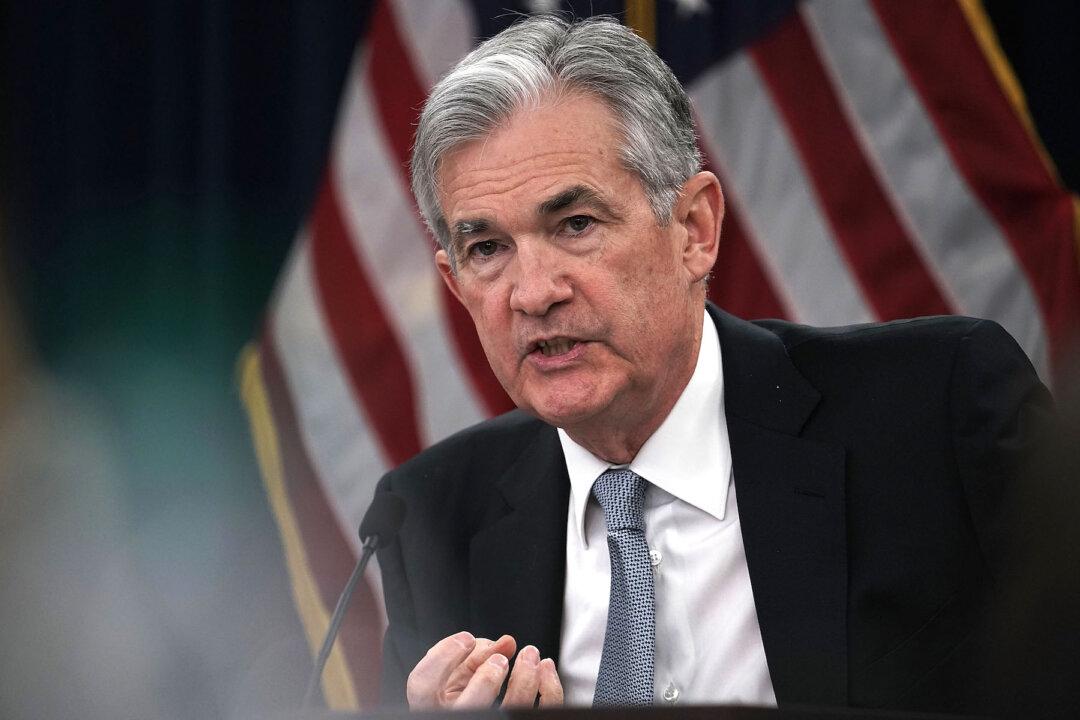The Federal Reserve has expanded its short-term lending program, known as repo, to $1 trillion, and extended it by a month.
The Federal Reserve Bank of New York said in a statement that it will supply the funds in two $500 billion operations—one in the morning and one in the afternoon—each business day, until April 13.





